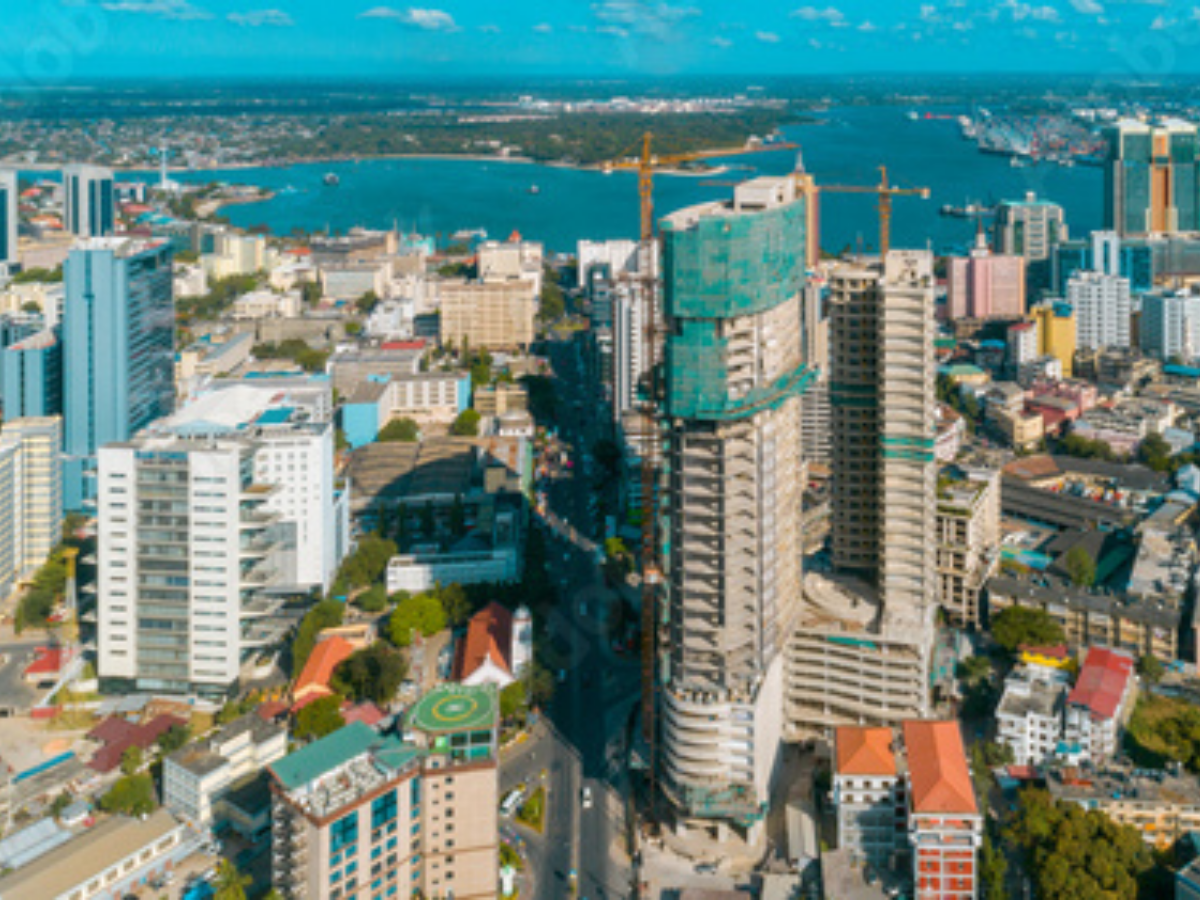
The Roof of the Sky to Collapse Over Dar
- Category: Peering Eye
- Date 27-02-2005
- 691 views
The roof of the sky might collapse on the residents of the city any time. I am no expert meteorologist but one does not have to possess a PhD to state what is judged likely to happen in connection with the looming weather conditions.
While God has shielded Dar es Salaam against the vagaries of snowfalls that afflict the occupants of the Northern Hemisphere, He has allowed its extreme, diametric contrast of the blazing sun to unleash its naked wrath on the inhabitants of this coastal dry land.
The city is built on sandy lowland, as a matter of fact. By implication therefore, it is located farther away from the sun than the peak of Mt. Kilimanjaro. It should therefore follow that it would receive less sunshine and being at sea level, it should feel cooler and fresh in terms of weather conditions.
That this is not the case is surprising therefore and strange to a layman of my calibre. I have not known a place in my full life that feels just half as hot as this town. My view therefore is that the roof of the sky could possibly be sagging on the city, bringing the sun closer and might one day drop on the wabongo and char them to soot.
Of course, these doom and gloom prophecies might do very little to help the society, but anything that is a reality need not be evaded but must be discussed.
With my eyes in the back of my head, I have seen many a person squinting through narrowed eyebrows, because of the torturous, vision-impairing heat from the sun, to improve their sight and recognise their objects of vision. Very many others are evident on the streets, sweating profusely, wiping away unstoppable floods of sweat from both forehead and cheeks, forgetting about their wet backs where clothes are continually sticking.
I have seen others taking shelter from this heat, while miserable women brave its stinging rays to sweep the city streets for the privileged humans who sit in their air-conditioned cars, riding up and down the streets.
Certainly, such individuals cannot understand what I am talking about – to face a hostile sun – because their homes, offices and hotels where they go for meals are all air-conditioned. Their taps give warm or cold water, whatever they prefer to utilise in their bathrooms. They see everything from a distance, encounter it in newspapers or learn about it from broadcasts in the electronic media.
Yet the poor ones believe that they are equally exposed to similar conditions. A poor man who cannot manage to build a decent house does not have a snowball’s chance in hell of staying safe from this cooking weather. Many stay in homes without even the benefit a simple fan.
The first time I saw the picture of Tanzania’s founding President, Julius K. Nyerere, he was donned in a short sleeved, open neck kaunda suit. I never once saw him or his picture in these presumably magnanimous European style suits which the rest of the leaders in sub-Saharan Africa outshone each other in donning.
Perhaps, this was merely his preferred, personal dress code. However, to my amateur eye, it looks like Mwalimu Nyerere was bowing to pressure from the weather conditions. He would probably explode, sitting in the State House in a full suit and necktie. My brief experience with this strategic city of Dar es Salaam, which has refused to let go of its title of Capital City of the republic, persuades me that the European suit is not suitable here.
Those who insist on this foreign dress code are obviously irrelevant to the dictates of weather and could well be dubbed insensitive to the body requirements and are blind imitators.
I have to offer a package deal - an arrangement that must be accepted together and not separately. Why not consider taming this heat by donning white tunics, like the North Africans have responded to the hot desert conditions. Simply, no one will stand for Presidency and advocate for the erection of a roof over the city to shelter it from this maddening blaze of the sun.
By Venansio Ahabwe
Source: Peering Eye, Sunday Citizen
